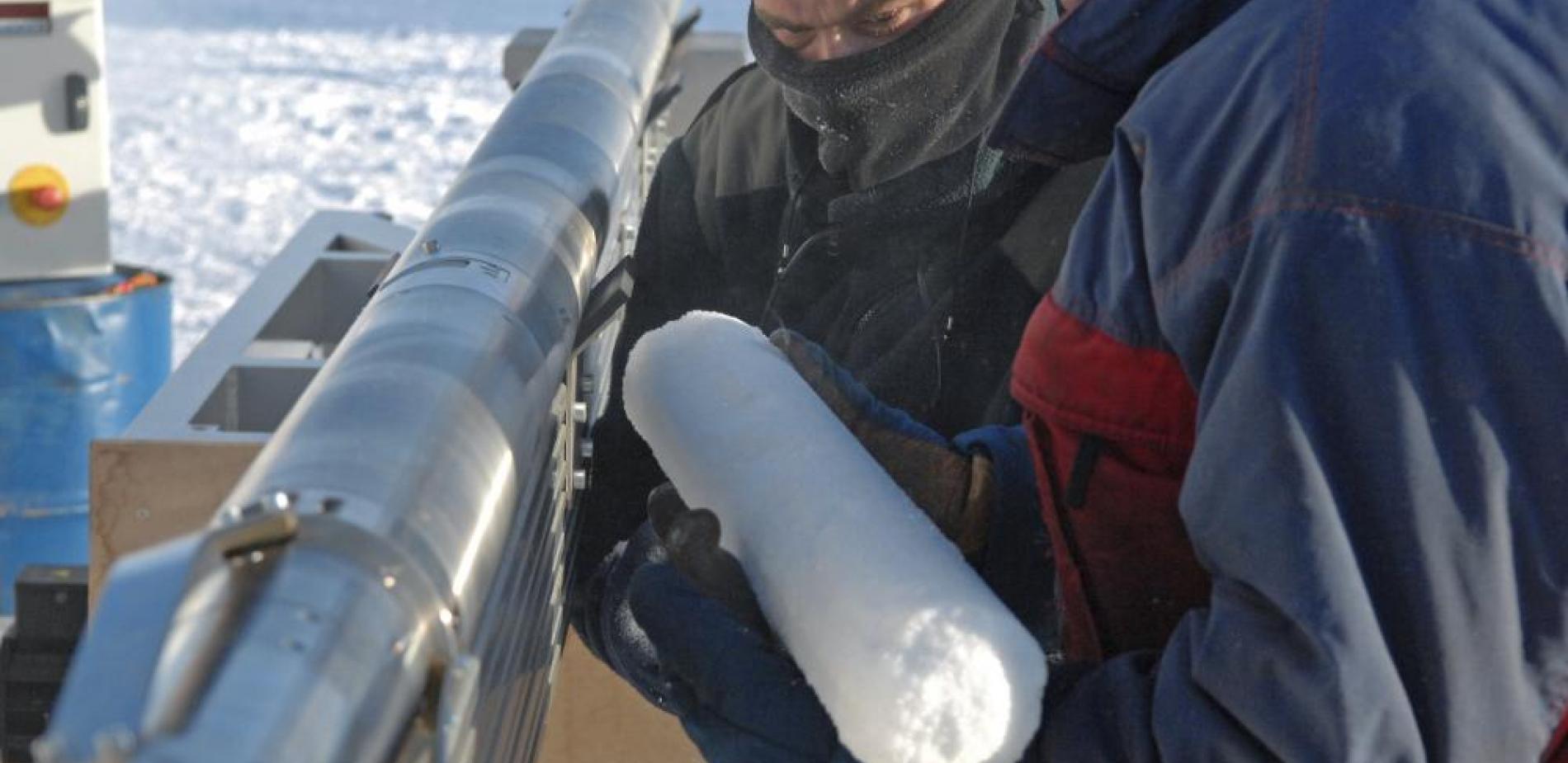
Climate in Question(s)
The Earth has been getting warmer for more than a century now. The proportion of greenhouse gases (GHGs) in the atmosphere has increased over the same period. This increase coincided with the growth of human activities emitting GHGs (energy, transport, industry, etc.). If we don’t change our production and consumption patterns, we can expect the situation to spin out of control with the prospect of climate disruption and its share of catastrophic scenarios. What can we do?
Isabelle Bousquet - Published on , updated on
Editorial
...It’s Time To Stop Burying Our Heads In The Sand!
So is there still any room for doubt? No. The Earth has been getting warmer for more than a century now. We also know for a fact that the proportion of greenhouse gases (GHGs) in the atmosphere has increased over the same period. A third certainty is that this increase coincided with the growth of human activities emitting GHGs (energy, transport, industry, etc.). So, based on these observations, what can we expect to happen? Since we have no crystal ball, our only means of forecasting future climate change are climatologists’ projections. One result stands out from the rest: if we don’t change our production and consumption patterns, we can expect the situation to spin out of control with the prospect of climate disruption and its share of catastrophic scenarios. So what can we do? ‘Adaptation’ and ‘Mitigation’ are the emerging strategies common to all Climate Change Policies which are agreed after much negotiation at major international summits. But are we in our developed and developing nations ready to build a ‘decarbonised’ world? Here we intend to explore all aspects of the climate crisis, so we are not left with our heads buried in the sand.
This dossier is the online version of “Climate. The 360° exhibition” presented at the Cité des sciences de l’industrie in September 2015 on the occasion of COP21, with the support of the BNP Paribas Foundation. The contents were updated in 2018.

